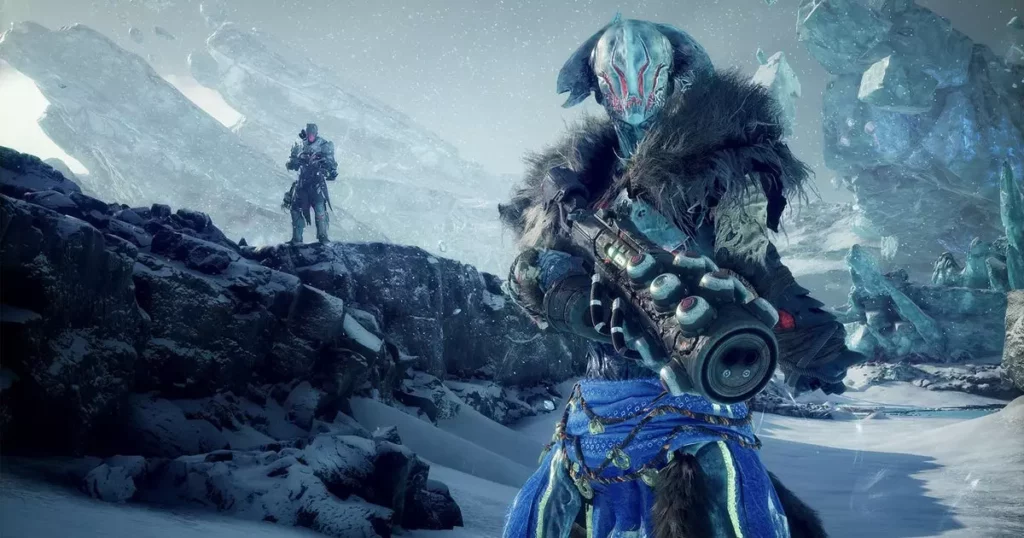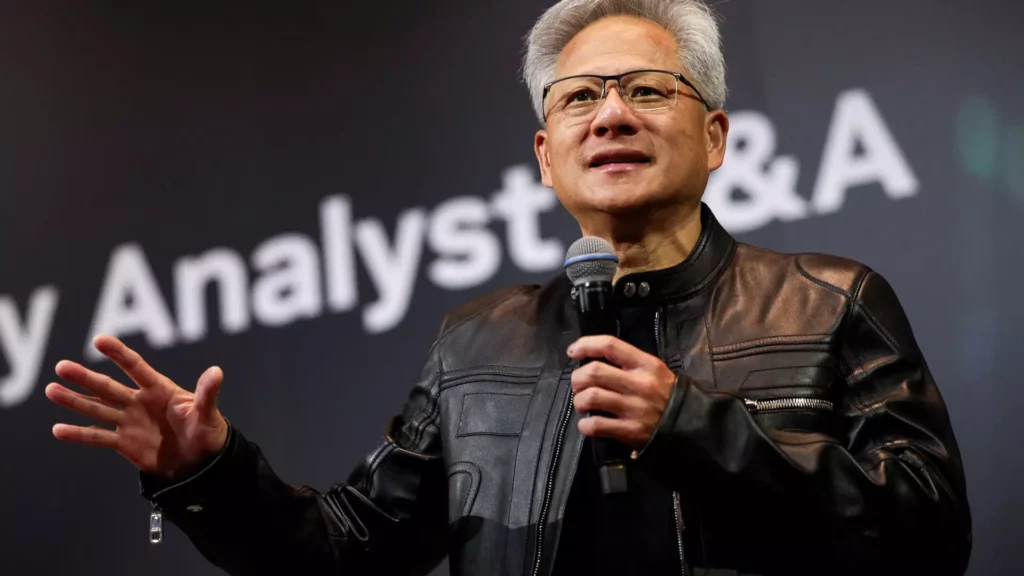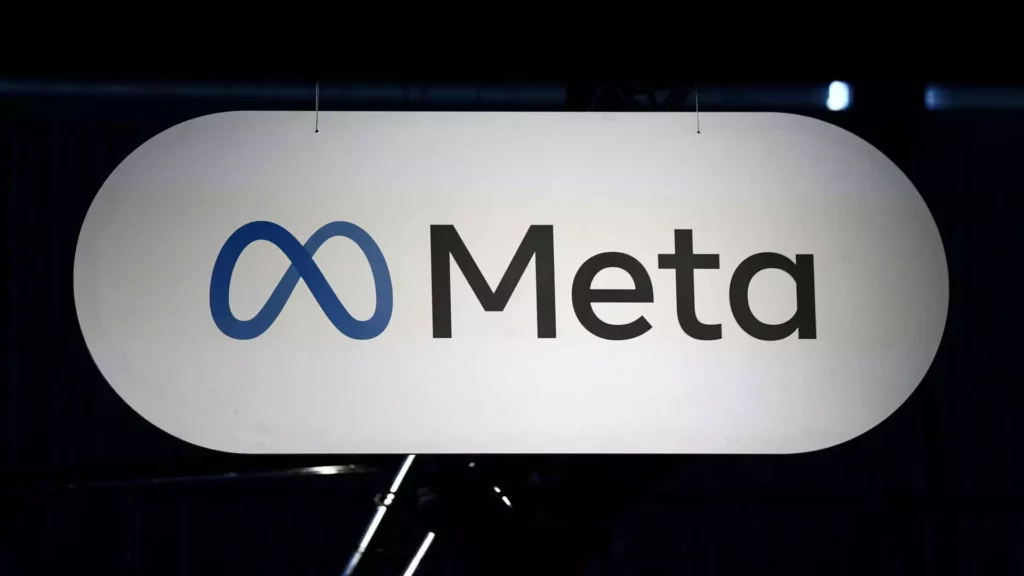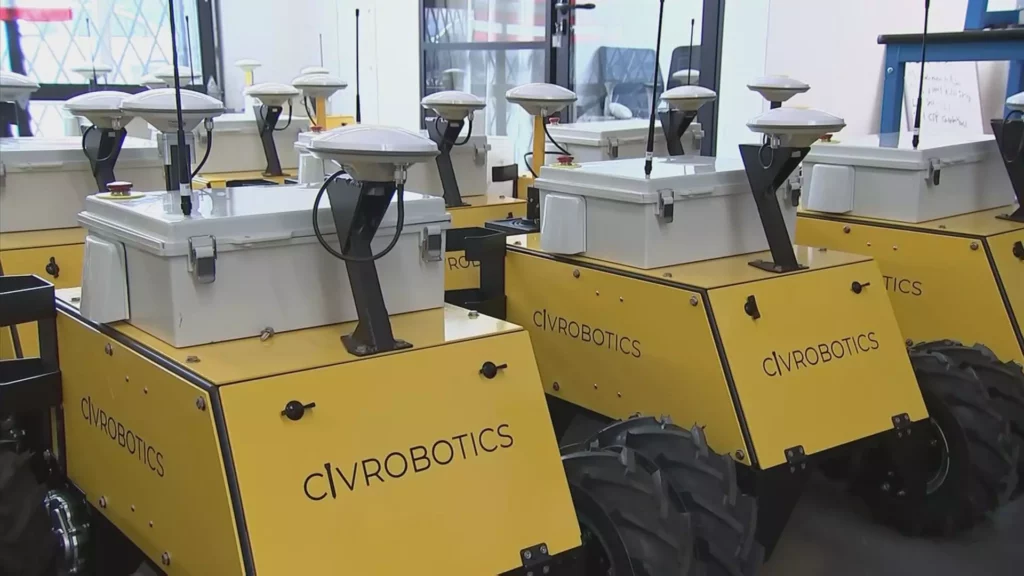The gaming industry has long stood as a vibrant tapestry of innovation, creativity, and—inevitably—financial volatility. Recently, however, a dark cloud has gathered over People Can Fly, the acclaimed studio behind high-octane titles like Outriders. The decision to suspend two of its forward-looking projects, Gemini and Bifrost, has sent shockwaves across the gaming landscape, igniting fierce discussions among developers and players alike. This critical juncture stems from precarious circumstances, underscored by unsatisfactory communication from their publishing partner, and a disheartening financial state that raises serious questions about the soul of the gaming industry.
Central to this upheaval is the troubling silence emanating from the publisher purportedly backing the Gemini project, which is believed to be associated with Square Enix. CEO Sebastian Wojciechowski’s frustration is palpable. He has expressed a deep-seated concern over the lack of clear communication regarding crucial agreements, putting developers in a precarious situation suspended in a fog of uncertainty. This absence of dialogue suggests a broader malaise affecting the industry where studios find themselves at the mercy of nebulous commitments and insufficient guidance from their partners.
The Impending Nightfall: Financial Constraints and Project Suspension
Just when fans were eager for creative breaks in the gaming barrier, the suspension of Project Bifrost stings doubly hard. According to Wojciechowski, the studio is grappling with meager cash flow, spiraling prospects, and financial hurdles that threaten the very fabric of their ambitious vision. His candid acknowledgement that the studio needs to “significantly regroup” speaks volumes about an industry increasingly under siege from economic factors.
These financial struggles aren’t simple inconveniences; they carve deep wounds that affect the core operational fabric of the studio. People Can Fly has witnessed its workforce—once buzzing and brimming with creativity—dwindle due to layoffs that echo throughout tight-knit creative communities. Each dismissal isn’t merely a number on a spreadsheet; it’s a talented individual with dreams intersecting with the aspirations of a gaming community eagerly waiting for the next blockbuster.
The cancellations resonate far beyond the walls of the studio. They rob enthusiasts of their dreams while leaving behind a haunting silence that embodies the loss of potential. It’s not just People Can Fly that’s battered; the broader gaming community faces the fallout, stifling the creative pulse of an industry already teetering.
Ghosts of Talent: The Emotional Toll on Community
The storm clouds surrounding People Can Fly have not just prompted financial upheaval; they have also stirred the emotions of past employees who have taken to social media to reflect on their experiences. As these artists stood shoulder to shoulder, their collective indignation and nostalgia weave a rich narrative of what could have been. Concept artist Lipan Liu’s poignant tributes to his former colleagues encapsulate a studio spirit that thrived on shared struggle, camaraderie, and ambition.
Echoes of admiration for their former workspace paint a bittersweet portrait. James B Jones, another former team member, notably speaks to the elite caliber of talent that filled the studio’s hallways. Such personal anecdotes transcend mere professional experiences; they speak to the cultural depth and emotional stakes involved in game development. The palpable disappointment from these stories sheds light on a haunting truth: the struggle for creative fulfillment often pitted against the cold machinations of corporate decision-making.
This reality is harrowing. Employees who poured passion and creative energy into projects now put on indefinite hold are left grappling with the loss of not just their roles but the dreams they cherished. Their heartfelt messages underscore the tenacity of the studio’s spirit building on resilience, reinforcing the tragic cost of strategic decisions made within boardrooms far removed from the souls encapsulated in the games themselves.
A Question of Identity: Navigating the Future
As the dust settles, the trajectory of People Can Fly raises a more complex question: what will the studio become in the wake of these setbacks? History is replete with accounts of developers who have risen from the ashes of adversity to carve out new identities and pathways. However, this journey requires not just reflection but strategic recalibration aimed at harnessing their innate creative potential in new and insightful ways.
The gaming industry—an arena marked by fierce competition and relentless innovation—demands that studios adapt or fade away. For People Can Fly, the current turmoil signifies an unequivocal moment of truth. With challenges threatening to overwhelm its ambitions, the onus lies on the studio to redefine its operational ethos and reestablish its place in this high-stakes field.
Amid the uncertainty and challenges, what remains irreplaceable is the essence of creativity—an intrinsic quality that thrives on inspiration, especially during turbulent times. The narrative surrounding People Can Fly is not simply a cautionary tale but a potential crucible for metamorphosis. As stakeholders in the gaming industry observe this tense storyline unfold, there lingers an undeniable hope that creativity can bloom again, paving the path for both the studio and its fervent community.









Leave a Reply